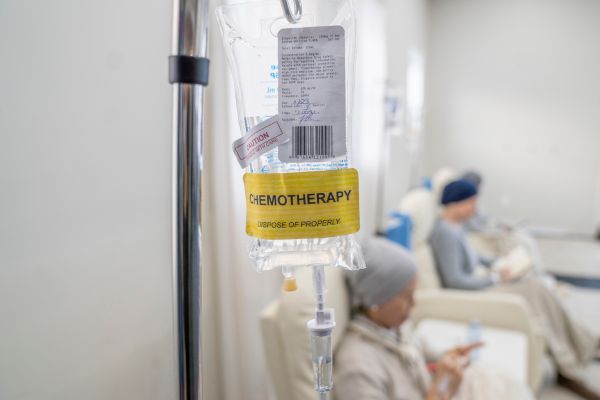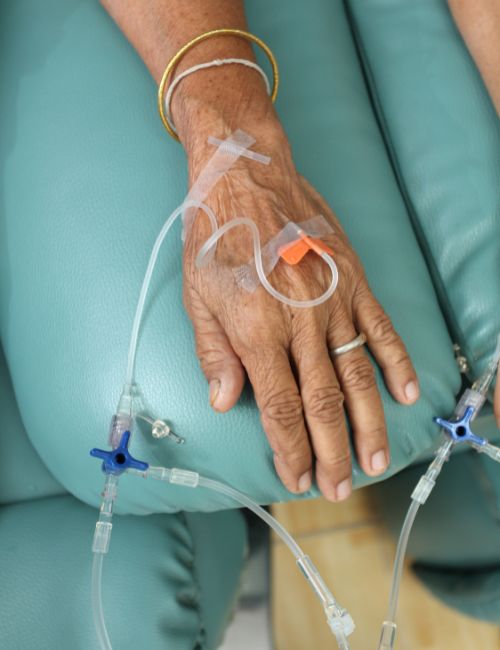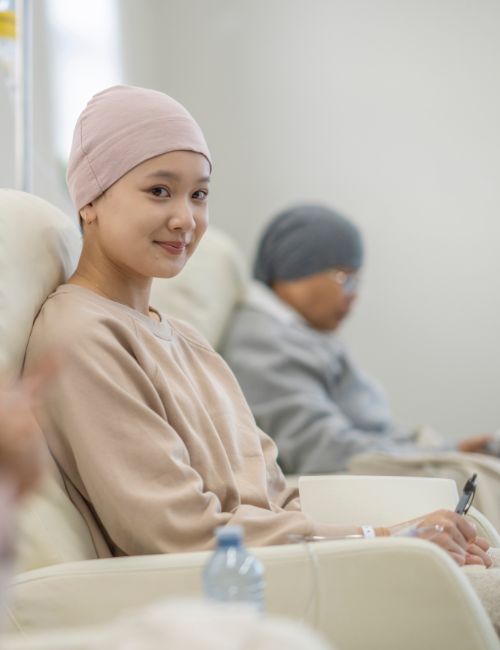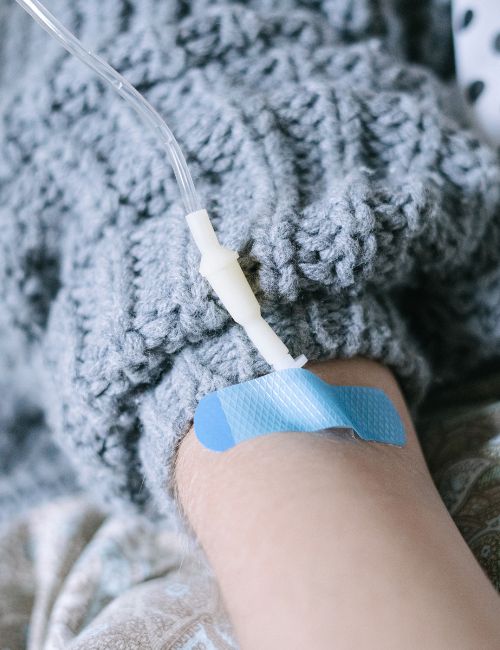Like all medical procedures, chemotherapy has some risks and potential complications.
Common side effects of chemotherapy include fatigue, nausea, vomiting, hair loss, and an increased risk of infection.
In rare cases, chemotherapy may cause long-term side effects, such as nerve damage or an increased risk of developing a second cancer.




